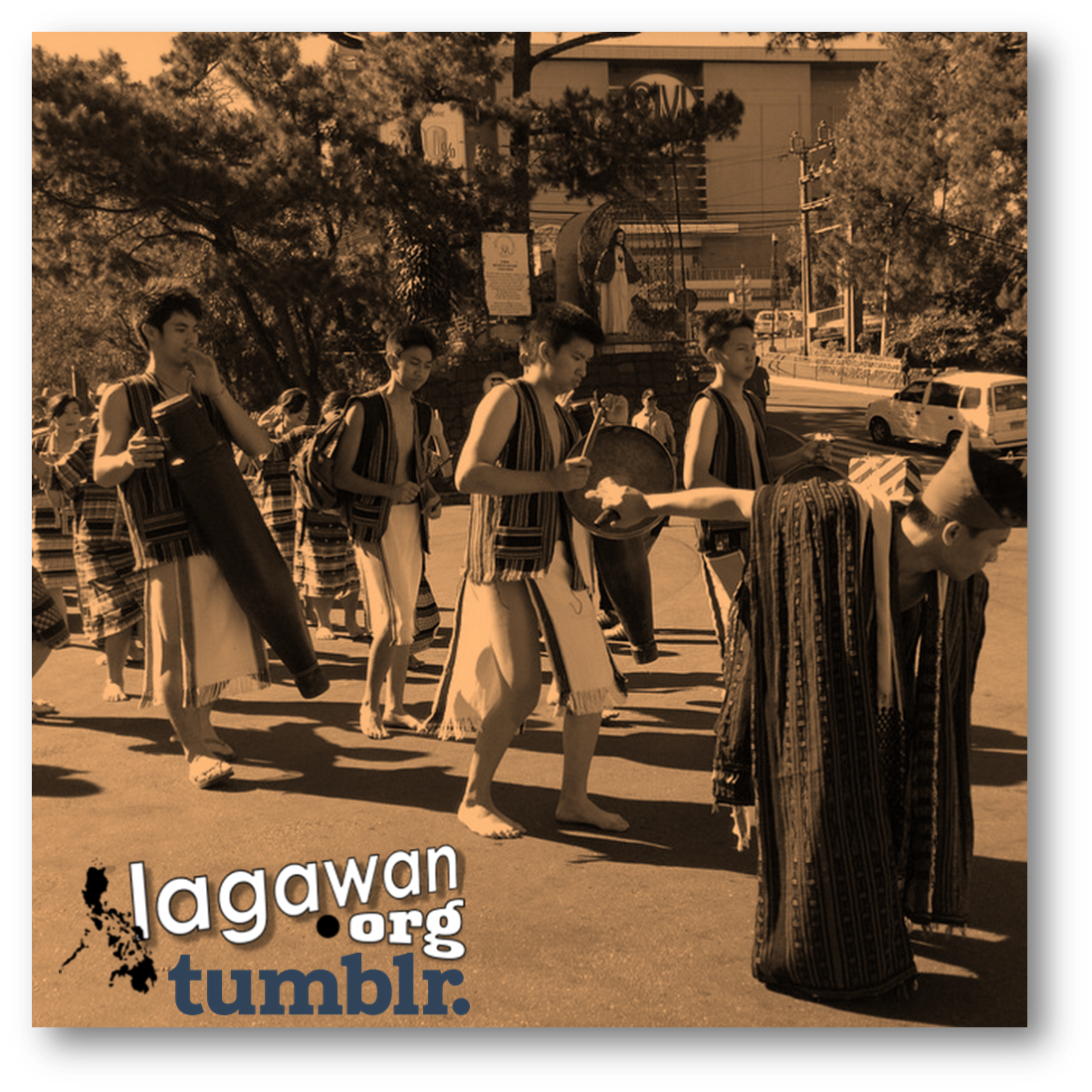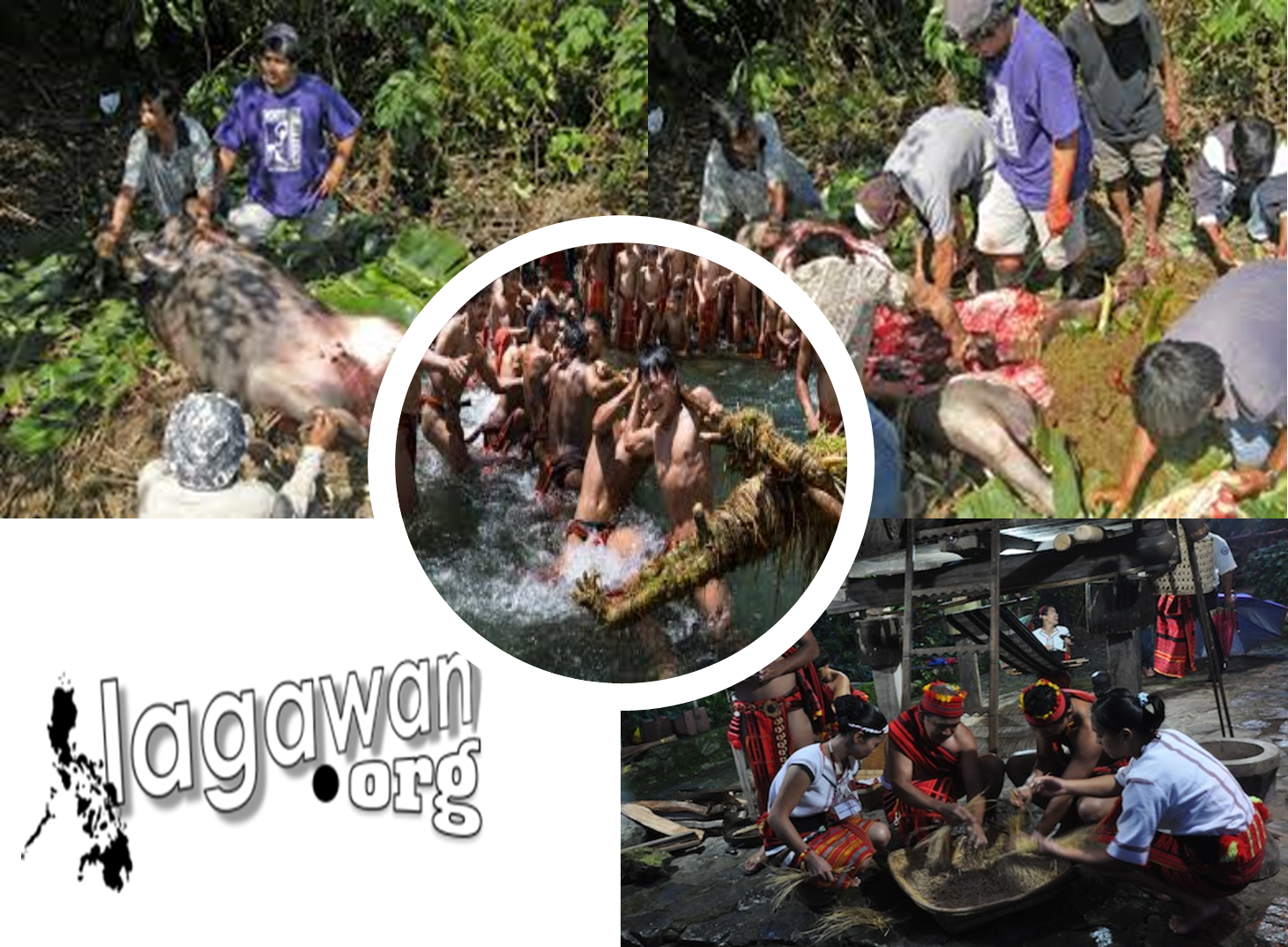The Kanyawan Feast of the Ibaloi in the City of Pines
Baguio City is one of the most popular Philippine tourist destinations that are chosen by many travelers to relieve their stress. The cold climate, smell of pine trees and abundance of fresh vegetables, and fruits are some of the reasons to explore the city. The natives are honest and very kind, ready to lend their hands in times of need.
The Ibalois of Baguio
One of the natives of Baguio is the Ibaloi. This group of indigenous people has some very unique traditions, one of which is called “Kanyawan”. Kanyawan is the feast where lots of animals like pigs and cows are killed and natives offer dances to their Gods, whether it’s burial, or wedding etc.
Native Dancing Feast – Kanyawan
There are different kinds of kanyawan – an example of this is during the process of burials for loved ones. When a member of the family passes away, relatives and friends gather to start their rituals. This includes the traditional dance which is accompanied by the beat on gongs (a percussion instrument that is hit by a mallet to produce sounds and music). The dance is an offering to their God in order to seek permission to cut one pine tree that will be used for making a coffin.
Once done, the next phase of the ritual is the slaughtering of cows and pigs. The number of the animals slaughtered will depend on the number of days the wake will be held. The meat of the animals will be chopped together with internal organs and other portions. These will be mixed together and cooked without any spices.
The family of the deceased will eat together, with salt beside their table. The remaining meat will be shared with the other wake attendees. It is important to consume all the meat during that meal. On the next day, another animal shall be slaughtered then cooked and served again. All throughout this process, the natives will continue to dance. These rituals will be done until the last day of the burial.
Once the wake is over, internment of the dead will commence. The Ibaloi does not use cemeteries. Instead, it will be done at their own backyard. They believe that their dead are still with them. Should any member of the family have dreams about the person who passed away, everyone will gather again to start their rituals. This is an indication to them that the dead family member does not like his or her current resting place and must be transferred inside the house, where they will be comfortable to rest in peace.


